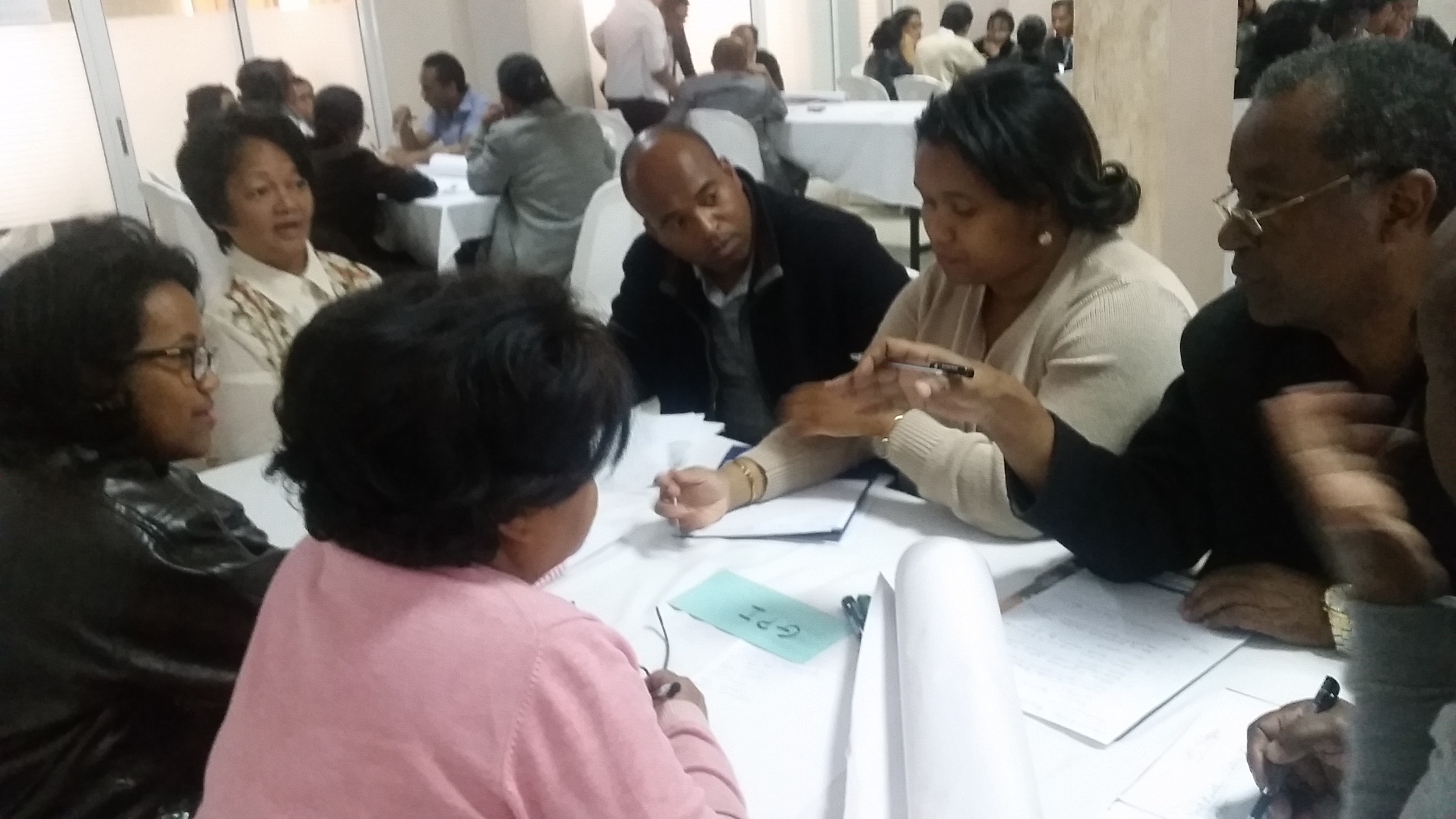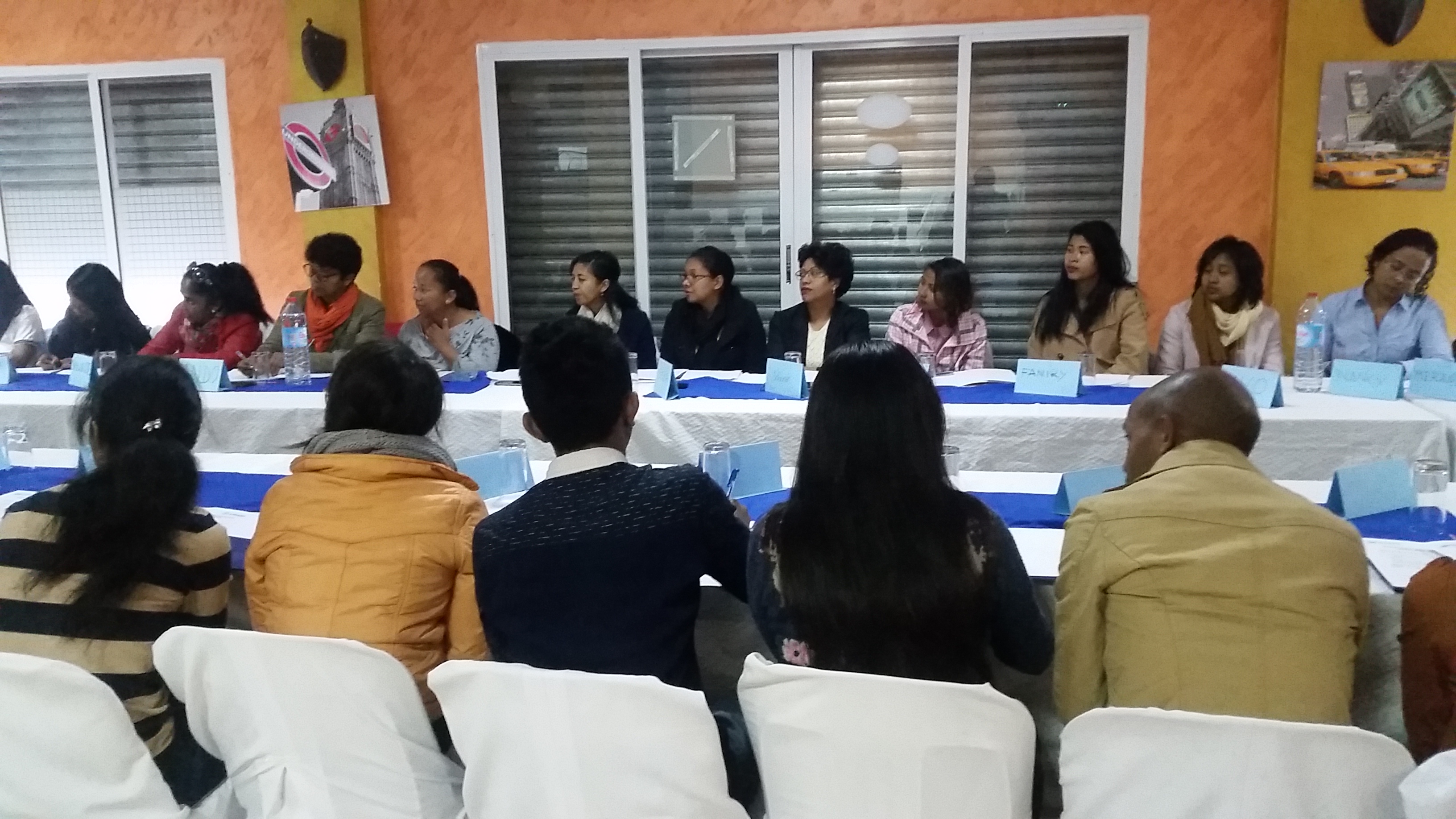Addressing quality of care in Madagascar through public-private collaboration

SHOPS Plus is bringing together members of medical professions and other stakeholders from the public and private health sectors in a series of workshops designed to engage the groups in dialogue and foster collaboration to improve the efficacy of the health system in Madagascar.
The need for collaborative workshops was identified in a SHOPS Plus private sector assessment that revealed that private health sector actors in the country feel excluded from policy discussions which affect them. The assessment found that national health strategies mention the private health sector in different ways but do not comprehensively outline a role for and ways of working with the private health sector. It also identified the need for greater dialogue between the private and public sectors. The assessment recommendations included the need to organize the private sector, to involve the private for-profit health sector in policy development and strategic planning, and the importance of a strong national strategy to promote public-private partnerships.
The first workshop took place in August 2018. Its goal was to establish a common vision of quality of care and identify priorities. Some of the ideas that came from this meeting were the need for a better understanding of the role of different sectors and the relevant policies and activities carried out by the Ministry of Health, and the need for partnerships to improve the quality of products and services in the country. Since then, the SHOPS Plus team hosted a workshop in September 2018 and has three planned for 2019. Each workshop will focus on a different challenge facing the country's health system.
Engaging the private and public sectors helps ensure a sustainable approach to achieving better health outcomes. At each workshop, participants break out into working groups to identify challenges and come up with solutions to improve the performance and efficiency of existing programs. SHOPS Plus believes that through engagement with all actors across the health system the end result will be more efficient use of resources and improved quality of services.

SHOPS Plus is using the workshops to open up dialogue over priority issues for the health sector and allow stakeholders to express concerns and find shared solutions, which for many participants is a first. These workshops are used as a stepping stone to build trust and capacity for organizing by promoting dialogue between public and private sector actors. The project plans to continue to host regular meetings that will focus on thematic topics identified at the first workshop, which include reporting and health information systems, consistency of quality norms and regulations, and sustaining quality improvement training with the private sector.
In addition to hosting workshops, the project will work with stakeholders to identify key priorities and provide support, to key private sector stakeholders in the country, including the national private hospital association and regional doctors’ professional associations.
Learn more about our work in Madagascar and read the private sector assessment.